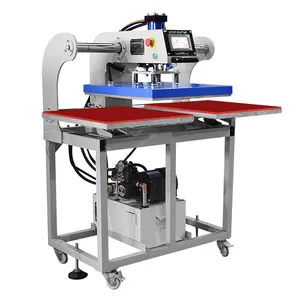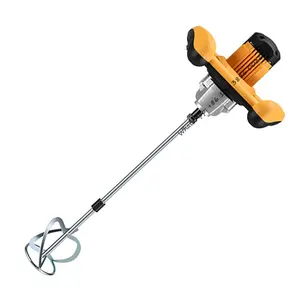Popular in your industry











































































































































































































Top categories
About lathe arbor
A lathe arbor is a critical component in machining that features a shaft with a taper to hold and rotate various cutting tools. The brake lathe arbor is designed with precision and durability to ensure optimal performance in brake lathe machines. The shaft of the arbor is typically made of hardened steel, providing the necessary strength to withstand the forces involved in machining operations. On the other hand, the taper is carefully machined to exact specifications, allowing for a secure and concentric fit with the cutting tool.
Types of lathe arbors
There are several types of lathe arbors, each tailored to specific machining applications. Straight lathe arbors are designed with a straight shank and are commonly used for holding tools such as drill bits and reamers. On the other hand, Morse taper lathe arbors feature a standard taper for use with Morse taper drill bits and other tools. These arbors provide a secure and self-releasing connection, making tool changes efficient.
For specialized applications, such as in the automotive industry, Ammco 903101 and Ammco arbor are widely known for their precision and quality. A Ammco brake lathe arbor is specifically designed for use in brake lathes and is crucial for machining brake rotors and drums accurately.
Advantages of lathe arbors
One of the primary advantages of using a lathe arbor is the ability to securely hold cutting tools in place, ensuring precise and consistent machining. Additionally, the tapered design of the arbor allows for easy and efficient tool changes, improving workflow and productivity. The robust construction of lathe arbors, often utilizing materials like hardened steel, contributes to their durability and longevity, making them reliable components in various machining operations.
Moreover, the versatility of lathe arbors enables their use in a wide range of cutting applications, from turning and facing to drilling and reaming. This adaptability makes lathe arbors essential in machine shops and manufacturing environments where different machining processes are employed. Lathe arbors also play a crucial role in achieving tight tolerances and smooth surface finishes on machined components, highlighting their importance in ensuring the quality of the final products.
Applications of lathe arbors
The lathe arbor finds applications across various industries and machining processes. In metalworking, lathe arbors are indispensable for tasks such as turning, facing, and boring, where the precise rotation of cutting tools is essential. They are commonly used in the manufacture of components for automotive, aerospace, and general engineering applications.
In woodworking, lathe arbors are utilized in wood lathes to hold tools like chisels and gouges, enabling the creation of intricate designs and smooth finishes on turned wooden pieces. The arbor's ability to rotate the cutting tool against the workpiece allows for the shaping of bowls, spindles, and other turned objects. This precision and control are crucial for achieving the desired aesthetics and dimensions in woodworking projects.
















































